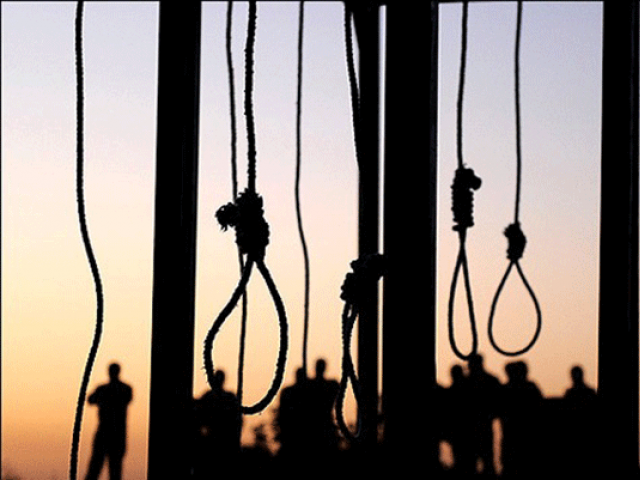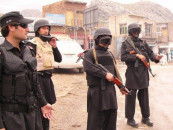ATCs jurisdiction: Court dismisses plea of convicts on death row
Rules that anti-terrorism courts have the authority to issue death warrants in all such cases

Rules that anti-terrorism courts have the authority to issue death warrants in all such cases. PHOTO: iranhrdc.org
A division bench of the IHC, comprising Justice Athar Minallah and Justice Aamer Farooq, ruled that ATCs have the authority to issue death warrants in all such cases as they were “successors in office”.
They remarked that the court will not debate the merits of the case as the sentences had been upheld by the apex court.
In the verdict, the court said that under Section 6 of the Islamabad High Court Act, 2010, all civil, criminal, revenue, special courts and tribunals fell within the IHC’s jurisdiction, supervision and control.
Section 6 of the act states that all persons holding office in such courts, tribunals or special courts shall continue to hold their respective offices on the same terms and conditions as were applicable to them immediately before the commencement of the IHC Act.
Rana Kashif Saleem Arfa, the counsel for Zulfiqar Ali Khan, convicted in a double-murder case, had requested the court to stay execution of his client. He maintained that his client was sentenced to death by a Rawalpindi ATC while his death warrant was issued by an ATC in Islamabad.
Khan and Khurshid Ahmed were awarded death and life imprisonment, respectively in 1999 for murdering Muhammad Rafiq and Lehrasab.
The other convict, Raees Ahmed, has been on death row since 1999 for killing three of his relatives — Muhammad Saeed, Hassan Akhtar and Faras — in Chirah Village in 1997, over a family matter.
Ahmed’s father, Haroonur Rasheed, and his brother, Muhammad Hanif, were also awarded death sentences, but they died in prison before they could be executed, said lawyer Chaudhry Zahoor Hussain. Three others, including a brother of the convict, were released after completing their life-term sentences, he added.
In his application, through his counsel, Ahmed had approached the IHC that a compromise between him and his legal heirs of the dead man was going to take place. They, however, failed to produce any affidavit in this regard.
The police will now obtain fresh warrants from courts to determine their execution dates.
Published in The Express Tribune, April 8th, 2015.



















COMMENTS
Comments are moderated and generally will be posted if they are on-topic and not abusive.
For more information, please see our Comments FAQ